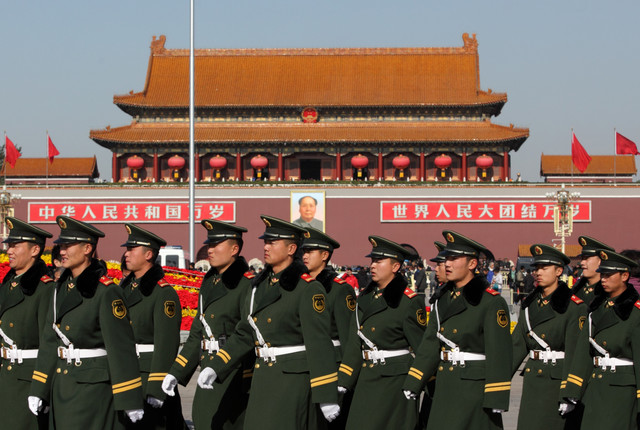Thoughts on Possible End to CIA Targeted Killing
As Jack mentioned, Dan Klaidman of the Daily Beast reported today that “the White House is poised to sign off on a plan to shift the CIA’s lethal targeting program to the Defense Department."
Over at ForeignPolicy.com, I just published a brief essay on this matter. In short:
Many critics of the government’s targeted killing policy have been calling for such a move, hoping that it would (in Klaidman
Published by The Lawfare Institute
in Cooperation With

As Jack mentioned, Dan Klaidman of the Daily Beast reported today that “the White House is poised to sign off on a plan to shift the CIA’s lethal targeting program to the Defense Department."
Over at ForeignPolicy.com, I just published a brief essay on this matter. In short:
Many critics of the government’s targeted killing policy have been calling for such a move, hoping that it would (in Klaidman’s words) “toughen the criteria for drone strikes, strengthen the program’s accountability, and increase transparency.” That may be. But if what those critics really want is to end the practice of killing suspected al Qaeda fighters with unmanned aircraft far from active combat zones, they should be careful what they wish for.That’s because “moving operations to the Pentagon may modestly improve transparency and compliance with the law but -- ironically for drone critics -- it may also entrench targeted-killing policy for the long term.” That said, based on what I know, I think this would be a good move, and those modest improvements are still quite important if the U.S. government handles them well.
Matthew Waxman is a law professor at Columbia Law School, where he chairs the National Security Law Program. He also previously co-chaired the Cybersecurity Center at Columbia University's Data Science Institute, and he is Adjunct Senior Fellow for Law and Foreign Policy at the Council on Foreign Relations. He previously served in senior policy positions at the State Department, Defense Department, and National Security Council. After graduating from Yale Law School, he clerked for Judge Joel M. Flaum of the U.S. Court of Appeals and Supreme Court Justice David H. Souter.


.jpg?sfvrsn=118b03e5_5)


